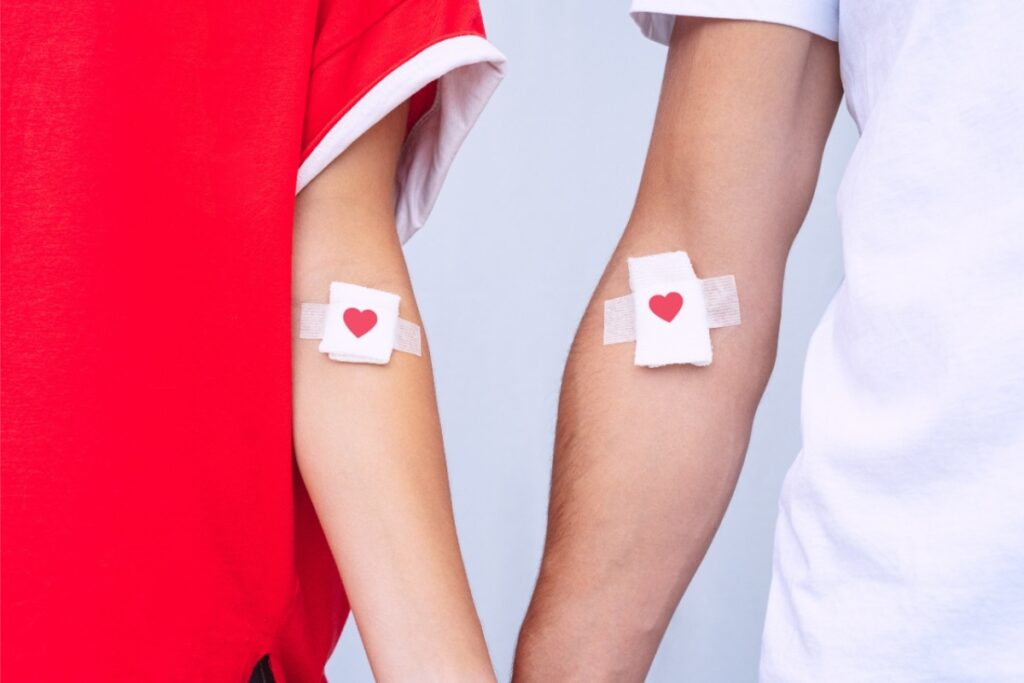What if saving lives could also benefit you? A recent study conducted between Germany and the United Kingdom suggests that frequent blood donations may promote the development of non-cancerous cells. This unexpected finding offers a new perspective on this altruistic act. Here’s what this intriguing research reveals.
🔬 A promising scientific study
German and British researchers, in collaboration with the Francis Crick Institute, published a study in the journal Blood. They analyzed two groups of men: one consisting of frequent donors (more than 100 donations in their lifetime) and the other of occasional donors (fewer than 10 donations). The scientists found specific genetic mutations in the blood stem cells of the frequent donors, which may favor the development of healthy cells over precancerous ones.
This in-depth analysis, conducted over several years, allowed for a better understanding of how certain types of cells evolve in regular donors. It wasn’t just the frequency of donations that was studied but also the profound impact of this practice on cellular functioning. These results could redefine the perception of blood donation as a gesture of generosity paired with a tangible biological benefit.

🧬 Beneficial genetic mutations
The study highlighted a particular mutation that appears more frequently in frequent donors. This mutation is believed to be protective against certain leukemias, according to Dr. Vincent Valinducq. These findings suggest that donating blood might have a regenerative effect by stimulating beneficial renewal of blood stem cells from the bone marrow.
This mutation, previously not identified as beneficial, serves as a sort of natural filter: it promotes the growth of non-mutated cells, thus reducing the likelihood of precancerous cell proliferation. In the long run, this could represent an interesting therapeutic avenue for the prevention of certain blood cancers.
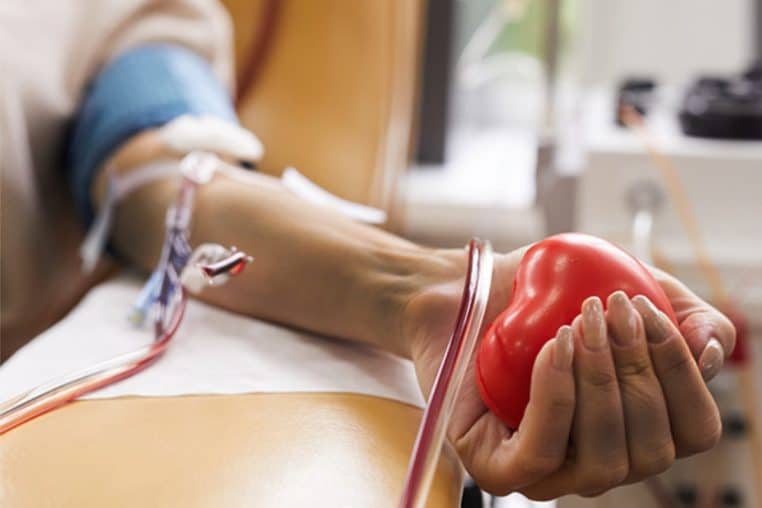
💉 The mechanism behind blood donation
During a donation, the body loses some blood. In response, the organism quickly activates the production of new blood cells, stimulating the bone marrow. This frequent regeneration could encourage the natural selection of healthy cells while reducing the presence of potentially cancerous ones. In other words, the body becomes more efficient and resilient the more it is challenged.
This renewal process forces the immune system to be constantly alert, which could enhance its ability to detect and eliminate abnormal cells. This mechanical process of repair and replacement might also improve blood circulation, the quality of red blood cells, and hormonal balance, all linked to overall well-being.
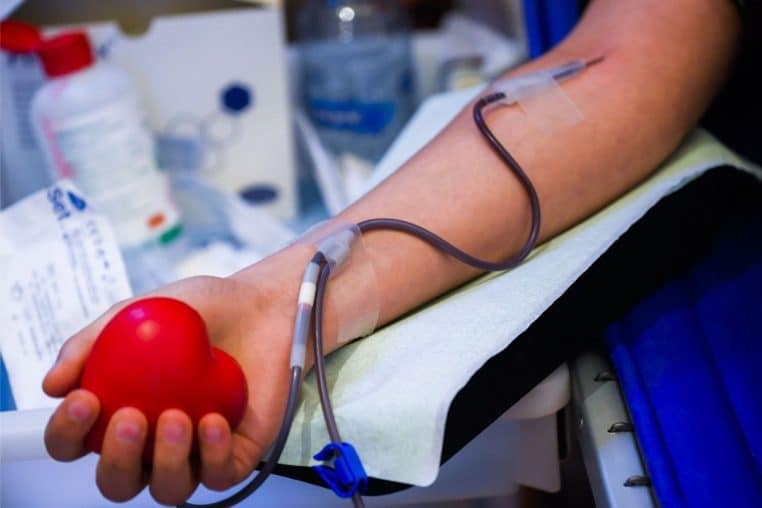
⚠️ Caution necessary in science
Despite the excitement generated by these results, researchers emphasize that the study sample is still limited, and the participants were healthy, which may skew some results. Therefore, it will be necessary to expand the study to a more diverse population to confirm these effects. Researchers describe this as a “promising trend,” but not yet a certainty.
Furthermore, the characteristics of the frequent donors selected could influence the results: their lifestyle, diet, stress levels, and other factors combined with blood donation can impact cellular health. Experts thus call for caution and continued research to better understand all parameters involved.
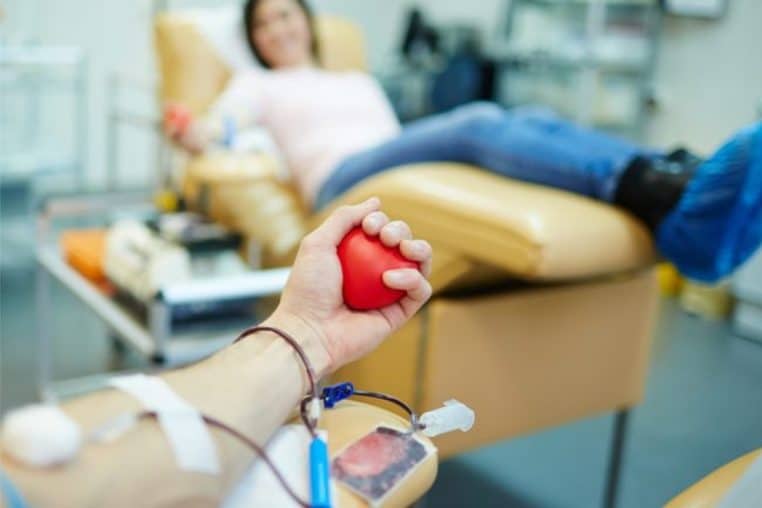
🧘♂️ An unexpected bonus effect for donors
While the study does not yet conclusively prove a preventative effect against cancer, it nonetheless highlights a possible overlooked benefit of blood donation. In addition to the positive psychological impact related to altruism, this act might have lasting physiological effects on the immune system and cellular renewal. A plus for overall health.
Regularly donating blood may also help eliminate excess iron in the blood, possibly reducing the risk of cardiovascular diseases. Not to mention the emotional dimension: knowing that you are useful, giving without expecting anything in return, nurtures positive self-esteem and may even enhance the sense of belonging to society.
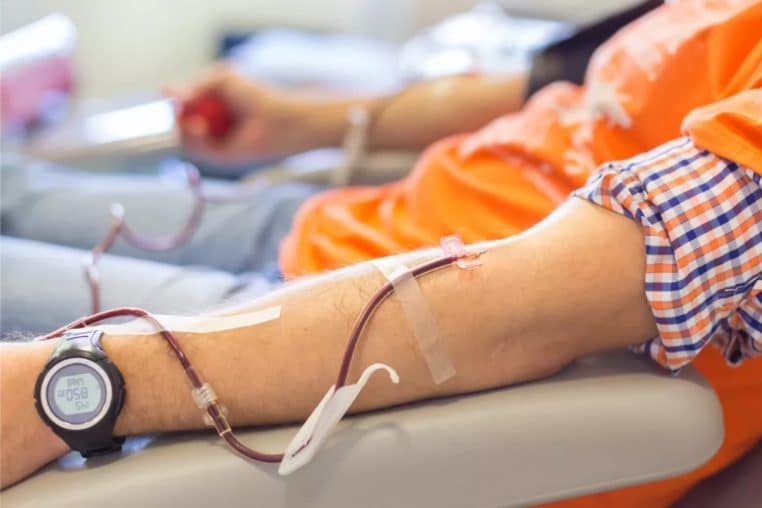
❤️ A reason to take action
Beyond the scientific results, this study conveys a strong message: donating blood could be as beneficial for the donor as for the recipient. While blood supplies in France remain critical, this discovery provides additional motivation to roll up your sleeves. This simple, quick, and safe act could very well become an unexpected ally for your health.
Blood donation centers regularly face shortages, especially during slow periods such as holidays. By increasing donations, everyone can not only save lives but perhaps also strengthen their natural defenses and biological balance. So, why not make a good deed a regular reflex?


